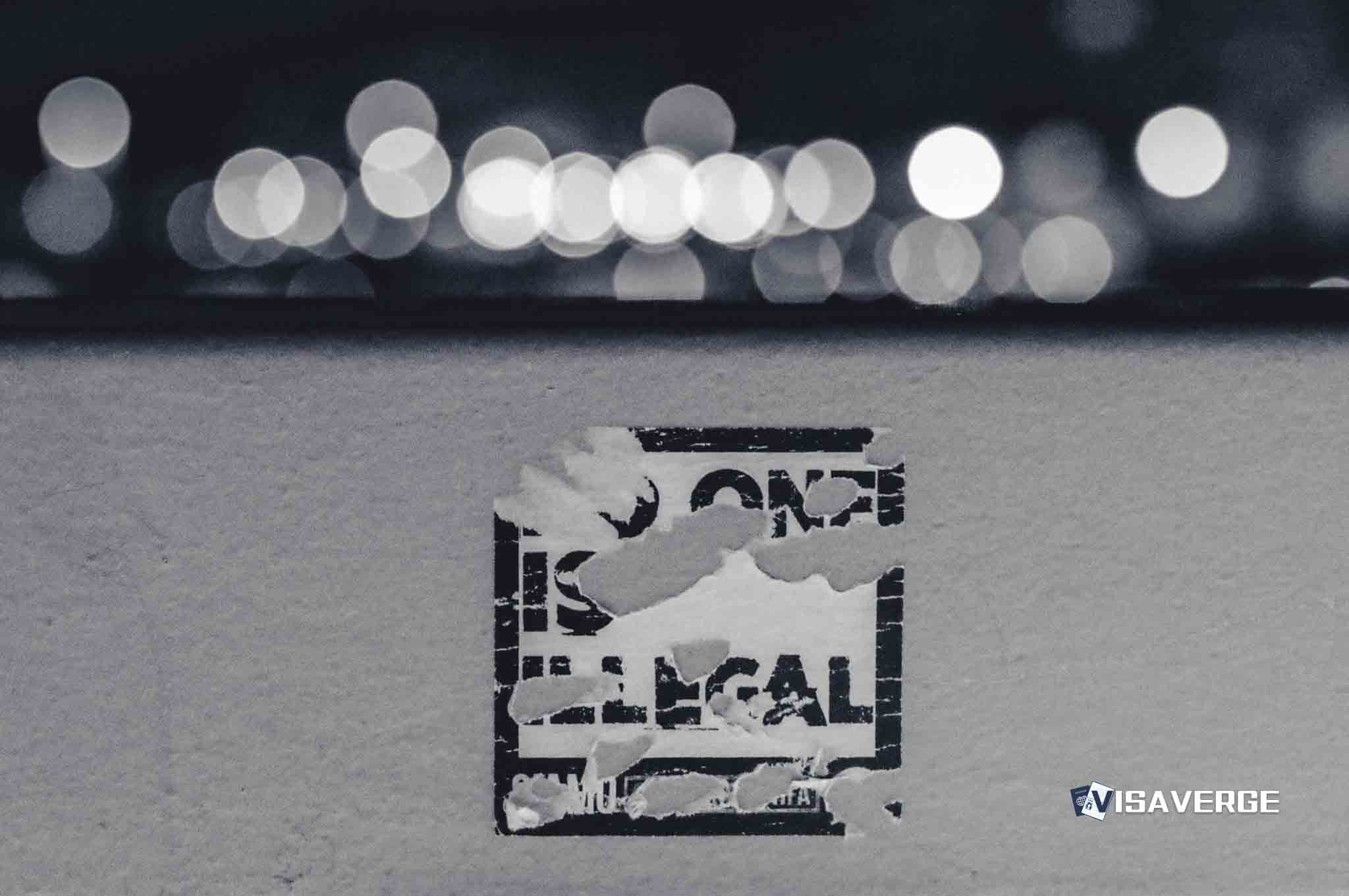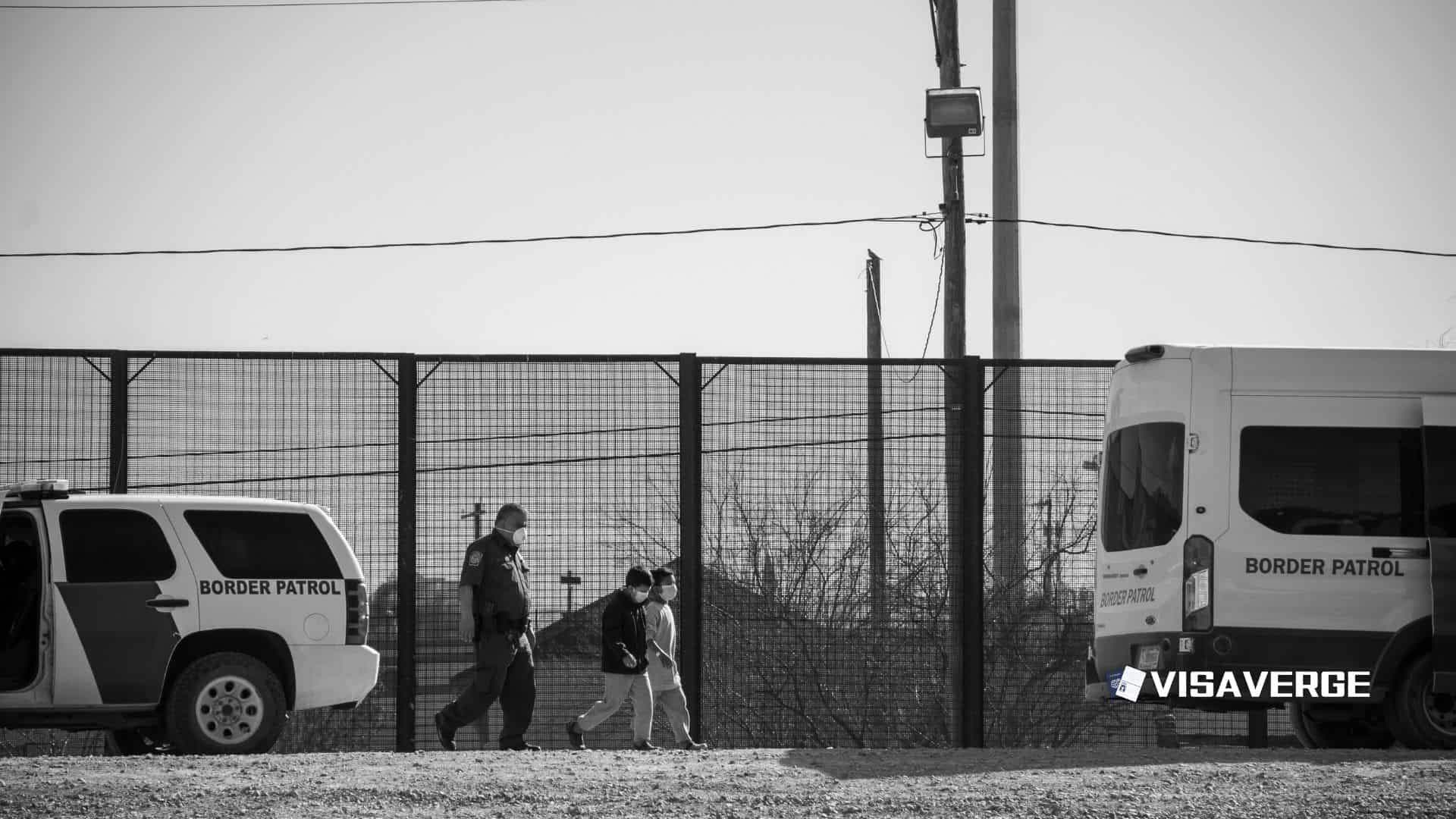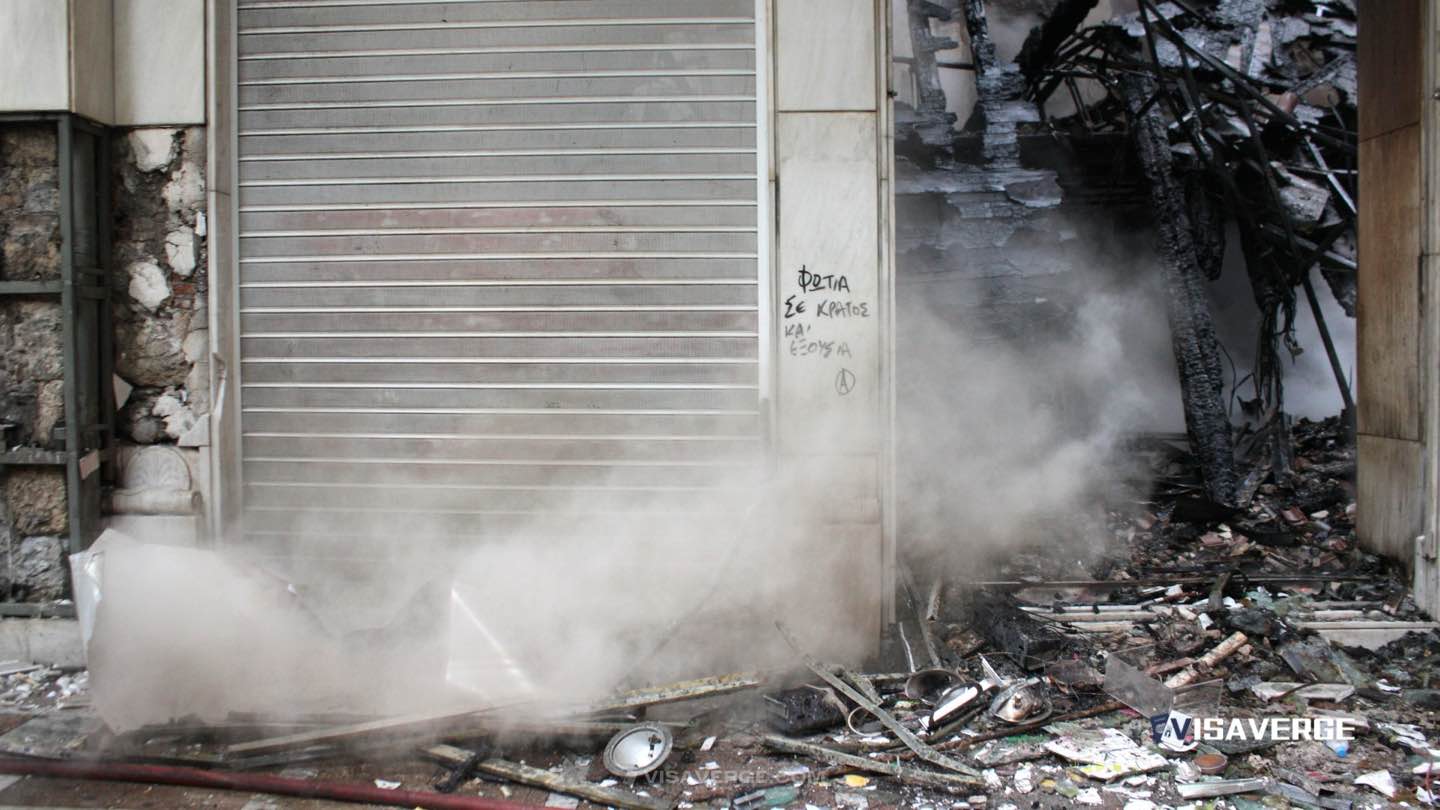Uganda has agreed to a new deportation deal with the United States, confirmed on August 21, 2025, with strict conditions on who may be sent. Under the arrangement, deportees must have no criminal record and must not be unaccompanied minors. Ugandan officials describe the agreement as concluded, while both governments work on the practical steps needed to carry it out. It is not yet clear whether the pact has been formally signed or when flights will begin.
The Ugandan Ministry of Foreign Affairs confirmed the decision and said modalities are being finalized with U.S. counterparts. Officials also said Uganda prefers to receive people who are nationals of African countries, reflecting concerns about integration and security. The number of people the country may accept has not been disclosed, and the screening method for criminal records is still being worked out.

International Relations Minister Henry Okello Oryem pointed to Uganda’s long record of hosting refugees, while raising worries about taking in people rejected by their own countries, especially those tied to organized crime. He said it would be hard to place such people into communities and asked whether that would be fair to Ugandans. Oryem also noted that the talks with Washington cover a broader set of issues, including visas, tariffs, and sanctions, not only removals.
Terms of the arrangement
Uganda’s stance is narrow by design:
- Eligibility excludes anyone with a criminal record.
- All unaccompanied minors are excluded.
Government officials say these limits are meant to reduce risks and ease social placement. Kampala describes the status as “concluded,” yet implementation steps are pending. Authorities in both capitals are drafting procedures to confirm identity, check criminal history, and decide who qualifies.
While the arrangement sits within a complex legal space, officials describe it as part of a wider U.S. push to expand removal options when direct returns are blocked by diplomatic or practical barriers. That effort began under President Trump and has continued, in different forms, across administrations. Recent removals to other countries, including July 2025 returns to Eswatini and South Sudan of people with criminal backgrounds, show how Washington is testing multiple channels at once.
Uganda has also stated a preference to accept people who are nationals of African states. Officials argue that cultural ties and regional links could make placement somewhat easier than accepting people from far outside the continent. Still, the government has not named specific countries, and no cap or timeline has been announced.
Political and rights backdrop
The deportation deal arrives amid debates about third-country transfers in the United States.
- Under the “safe third country” idea in U.S. immigration law, some asylum-seekers can be sent to another nation that is deemed able to process their claims.
- These arrangements have appeared before—such as agreements with Honduras—but have been relatively rare.
- Former U.S. immigration chief Doris Meissner has noted that third-country placements have historically been unusual and reserved for special situations.
Human rights groups have raised alarms about sending migrants to countries with rights concerns. The U.S. State Department has recently reported serious issues in Uganda, including unlawful killings and arbitrary arrests, even as it credits Uganda with cooperation with the UN on refugee protection.
Readers can review the State Department’s Uganda human rights report here: https://www.state.gov/reports/2024-country-reports-on-human-rights-practices/uganda/.
According to analysis by VisaVerge.com, officials in Kampala have characterized the agreement as concluded while they work through the operational pieces with Washington. That aligns with public comments from the Ugandan Ministry of Foreign Affairs, which said modalities are pending and more information will follow.
What this could mean for migrants
The deal is most likely to affect people from African countries who are in the United States but cannot be deported to their home countries because of diplomatic standoffs or practical hurdles, such as lack of travel documents.
Key implications and open questions:
- For those who meet Uganda’s conditions, the U.S. could route removals to Kampala instead.
- People with criminal records are expressly excluded, as are children traveling alone.
- Neither government has released a step-by-step process. Critical unresolved issues include:
- How people will be screened for criminal history.
- How age will be verified to protect minors.
- How long people may be held before transfer.
- What support will be provided on arrival.
- Officials have not said whether civil society groups in Uganda will be involved in reception or monitoring.
For families and individuals with pending cases in the U.S., this development adds a new pathway the government can use when direct return is not possible. Legal counsel will matter, especially for people with asylum, withholding, or Convention Against Torture claims, as those cases involve complex rights. Community groups in the U.S. and in Uganda are watching closely and preparing questions about safety, documents, language support, and longer-term integration.
Government contacts for official updates remain the Ugandan Ministry of Foreign Affairs and the U.S. Department of State. As of August 21, 2025, there is no public hotline, website, or form dedicated to this arrangement. Authorities have said further details should appear in the coming weeks or months as the two sides lock in screening rules and logistics.
Balance, limits, and next steps
Uganda’s approach seeks to balance its open-door posture on refugees with local security planning. By limiting arrivals to people with clean records and excluding unaccompanied children, Kampala aims to reduce risk while still cooperating with Washington. Whether that balance holds in practice will depend on:
- How the screening works.
- How many people are moved.
- What supports are in place on the ground.
For now, the big practical questions remain:
- Who exactly will qualify?
- How will identity checks be done?
- What documents will be used for travel?
- How will arrivals be received in Uganda?
Until the two governments publish final guidance, people should treat any step-by-step claims with caution. Officials have emphasized that unaccompanied minors are not eligible and any criminal history is disqualifying.
The coming weeks will test the deal’s promise and limits. Clear rules, transparent screening, and timely updates will shape trust in the process and affect how communities in both countries respond.
This Article in a Nutshell
Uganda and the United States announced a deportation arrangement on August 21, 2025, limiting arrivals to non-criminal adults. Kampala prefers African nationals and emphasizes integration concerns. Officials call the deal “concluded” but say implementation steps, identity checks and criminal-history screening remain unresolved before flights can begin.













